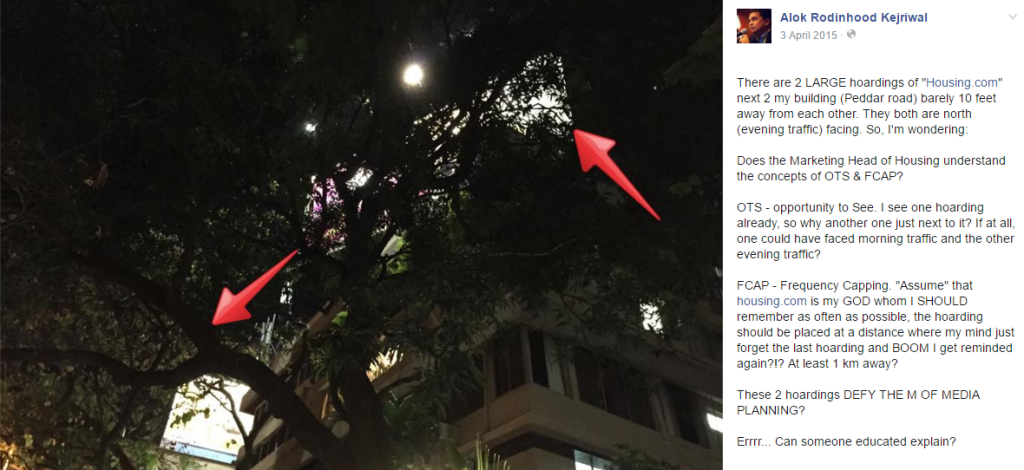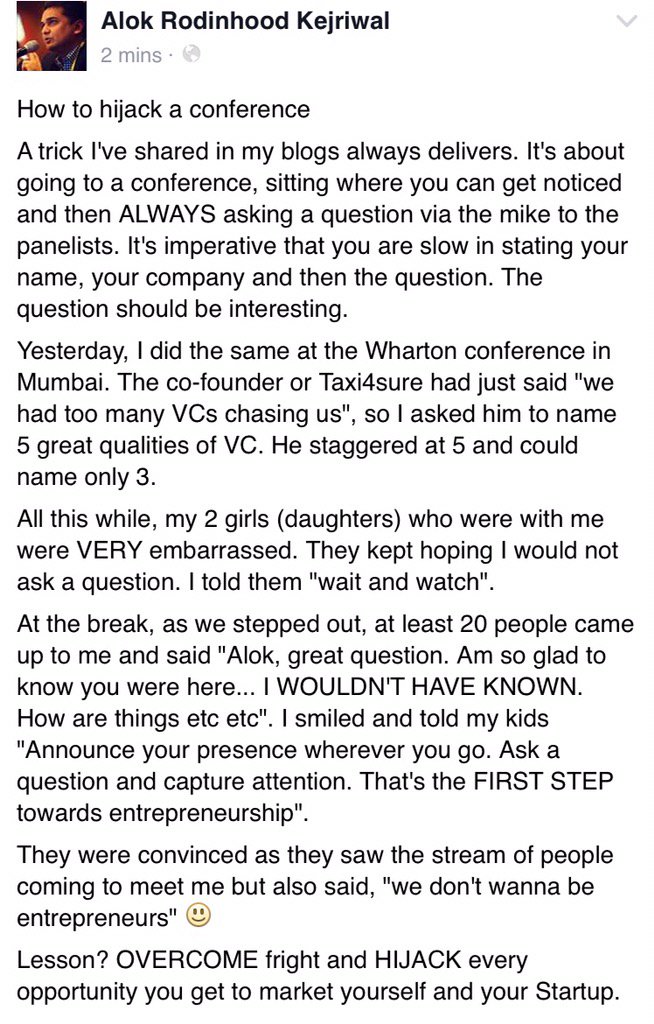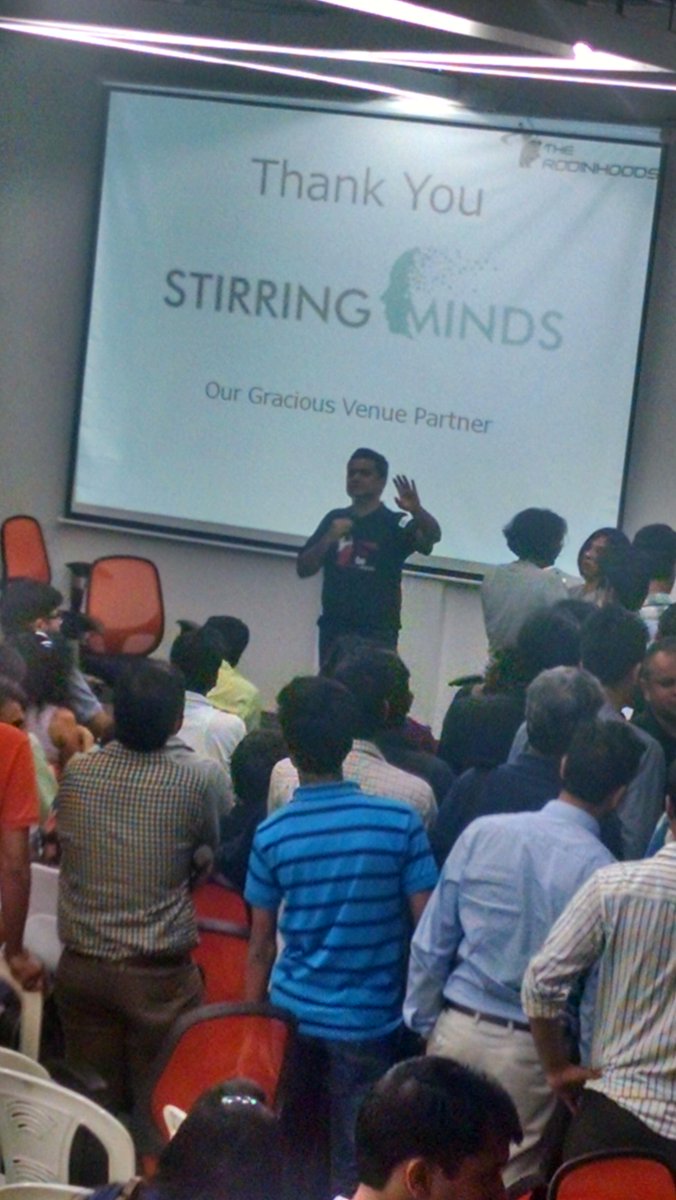Quick Heal Technologies: From earning $12 per month to billion dollar antivirus company
Stories of great achievers are always very enchanting, yet they are true and no fairy tales. Anyone with required skills, dedication, hard work, patience and never say die attitude can strive for the success.
Kailash Katkar, MD and CEO of Quick Heal Technologies Limited, never waited for success to find him, rather made all possible efforts to reach out to it. He did not belong to a rich family, did not have luxuries to lead a comfortable life yet he is at a position now where he can enjoy every comfort of life. But all this did not come to him in legacy; it is the fruit of his hard work and talent. And in his journey to the desired destination, his younger brother Sanjay Katkar accompanied him as a reliable support.

Early life & hard work
Katkar belongs to a very modest Maharashtrian family, born in a small village at Rahimatpur, India. Since, the village was too small to support them with future prospects, they moved to Pune where his father worked as a machine setter in Philips. With a handful amount of family income, it was getting tough to manage all the requirements and this made Katkar take up a job right after his graduation. He worked as a mechanic at a local calculator and radio repair shop and managed to add $12 (INR. 400) to the family income kitty. But stagnation was something not made for Katkar. Following his interest in technical field, he learned to repair gadgets popularly used in offices in those days which included desktop electric calculators, radios, TVs, ledger posting machines and so on. From this side business, he could successfully earn $65 (INR 2000) a month which was undoubtedly an achievement for him then. But this achievement did not make him happy enough to stop. His dreams were not of walking on roads but to fly in the sky. Pursuing the same he set up his own hardware repair shop, whose success gave him a comfortable living.
Entry into the entrepreneur world
A comfortable life never tempted Kailash Katkar so much as to settle down. His first step into the entrepreneur world could be marked by the opening of his own shop with an initial investment of around $200 (Rs. 15,000) which was a big deal two decades back. The first year of this one-man venture gave him an income of $1100 (INR 45,000) which was quite decent but not enough to satisfy Katkar. He began feeling an incompetency in his skills and therefore went on to attend short computer courses around 1991-92 so as to look forward to a better venture and earn more and more. He set a second milestone in his way to be a successful entrepreneur by establishing a new business of computer services, keeping up the repair shop running at the same time. In 1993 he won the annual maintenance contract for New India Insurance, leaving all the well-established corporate ventures far behind. This success shows the amount of dedication this man gave to his work which led him to generate a turnover of $2300 (INR. 100,000).
During this time, popularity of computers in India began expanding and at the same time many virus related problems were also observed. This is when Kailash Katkar and his brother Sanjay Katkar got the idea of developing antivirus software to relieve people of such issues with their systems. Going along with the flow of their business, they appointed some software engineers later and with the immense efforts of each member they developed a better version of antivirus software.
Rebounded from the verge of shutdown
Promotion and marketing of Quick Heal remained limited to Pune area only for many years. Katkar brothers were finding it hard to manage a office in Pune in the absence of outside investment. It was then in 1999 when they decided to shut down the antivirus business.
However, on the suggestions of few friends they decided to give it a last shot with aggressive marketing. They started with half page ad in Times of India. Happy with their success they went on to open various branches of their setup in different parts of the country and by the year 2005-2006, they expanded the cause focusing on computer speed, mobile security and gateway level protection. They then, renamed their company to Quick Heal Technologies in 2007 which is counted among one of the popular companies in this field. In 2010, Quick Heal received an investment of $13 million (INR 60 Crores) from Sequoia Capital with another round of funding of $19.7 million from anchor investors, including BNP Paribas Advantage and Reliance Mutual Fund later.
This funding helped Katkar open sales offices in countries like Japan and the US. Today, Quick Heal Technologies have tie ups with several countries across the globe and its achievement is surely not unheard. It has grown to 31 branch offices with over 8 million customers worldwide.

Aanchal is a freelance writer and has been writing since 2013. She is currently pursuing her masters in English Literature from University of Delhi and received her B.A. (hons.) degree in English Literature from University of Delhi.
She has a great passion for writing poetry. She is also a keen reader of inspirational stories of people who have achieved success through hard work.











